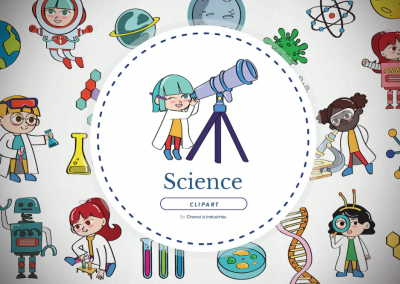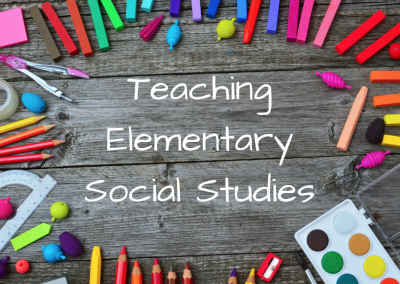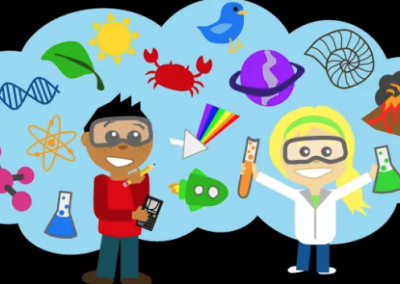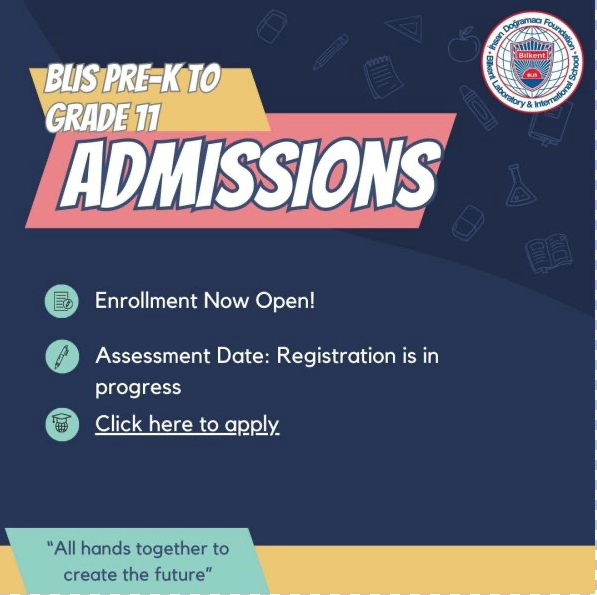Elementary School Science Programme
In the Elementary Division, science content is arranged in four strands: living things, earth and space, materials and matter, forces and energy.
The science component of the curriculum provides opportunities for students to:
- observe carefully in order to gather data
- use a variety of instruments and tools to measure data accurately
- use scientific vocabulary to explain their observations and experiences
- identify or generate a question or problem to be explored
- plan and carry out systematic investigations, manipulating variables as necessary
- make and test predictions
- interpret and evaluate data gathered in order to draw conclusions
- consider scientific models and applications of these models (including their limitations)
Please note that science and social studies content and objectives are merged under Units of Inquiry units for each grade. We follow the guidelines of the Ministry of Education (MEB) and IB Primary Years Programme of inquiry. In the Pre-Kindergarten and Kindergarten, our students will learn through four units of inquiry. In Grades 1-4, the students learn through the six units of inquiry mandated by the PYP. The teachers plan transdisciplinary units in which they map out objectives from the MEB and Cambridge and merge them with PYP transdisciplinary themes for each unit. Our teachers plan inquiry-based, interactive lessons focusing on the inquiries of students including full access to a science lab in which students can complete experiments.
Elementary School- Social Studies
In the Elementary Division, social studies content is arranged in five strands: human systems and economic activities, social organization and culture, continuity and change through time, human and natural environments and resources and the environment.
The social studies curriculum provides opportunities for students to:
- Learn how to ask compelling and relevant questions that can be researched
- Gain a secure understanding of their own identity and their place in their world
- Develop an understanding of other cultural groups and an appreciation of other ideas and beliefs
- Gain a sense of time and place in relation to their own experience and the experience of other people
- Gain an understanding of humankind’s role in and dependence on the natural world, and use this knowledge in responsible ways.
Please note that social studies and science curriculum and objectives are merged under Units of Inquiry units for each grade. We follow the guidelines of the Ministry of Education (MEB) and IB Primary Years Programme of inquiry. In the Pre-Kindergarten and Kindergarten, our students will learn through four units of inquiry. In Grades 1-4, the students learn through the six units of inquiry mandated by the PYP. The teachers plan transdisciplinary units in which they map out objectives from the MEB and Cambridge and merge them with PYP transdisciplinary themes for each unit.





